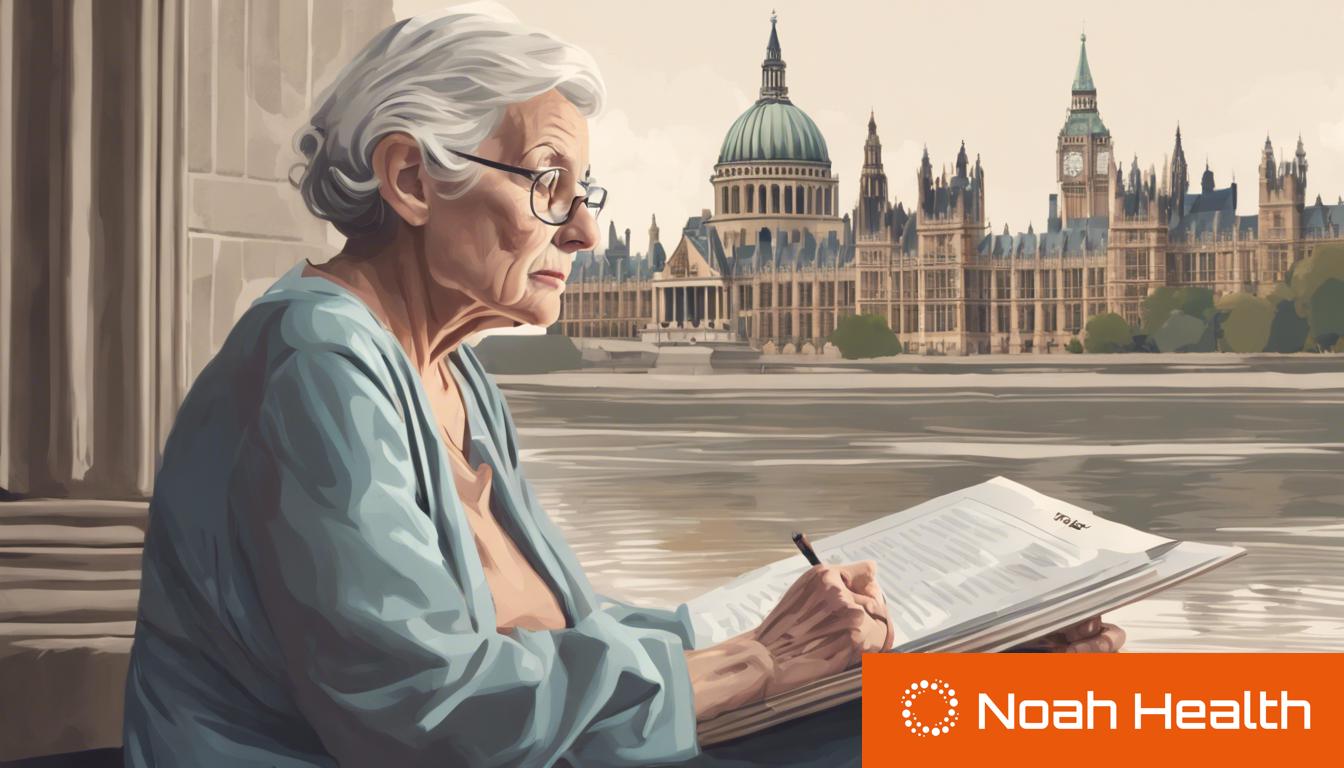Following Dame Esther Rantzen’s terminal lung cancer diagnosis and her public support for assisted dying, her daughter Rebecca Wilcox and others share their personal accounts, fuelling the debate on legalising assisted dying in the UK.
Rebecca Wilcox, daughter of Dame Esther Rantzen, has publicly supported her mother’s renewed campaign for the legalisation of assisted dying in the UK. This follows Dame Esther’s revelation of her terminal lung cancer diagnosis and her subsequent registration with Dignitas in Switzerland, a country that legalises assisted dying. The topic has sparked significant debate within the UK, contrasting with the practices of nations that have embraced legislation to facilitate a dignified end-of-life process.
Dame Esther, a well-known advocate for the cause, shared her personal struggle with terminal illness on BBC Radio 4, highlighting the importance of having the choice for a painless death under unbearable circumstances. Despite her efforts, including a petition garnering significant public support for a Parliamentary debate, the Commons Health and Social Care Committee has not recommended legal changes to support assisted dying.
Amidst this backdrop, individuals like Tim Wardle, an 85-year-old with terminal cancer, are voicing their support for the cause. Wardle, unable to afford travel to Dignitas, articulates the need for legal reform that would allow people with intolerable life quality, not just those terminally ill, the right to choose their moment of death peacefully at home. His personal narrative highlights the financial and ethical disparities in current end-of-life care options.
The ongoing discussion around assisted dying is amplified by the personal accounts of public figures like Dame Esther Rantzen and supporters within the Parliament. Yet, the issue remains contentious, encapsulating complex ethical, legal, and moral considerations. As the UK grapples with these debates, the stories of individuals advocating for change underscore the human elements entwined in the quest for autonomy and dignity in end-of-life decisions.



